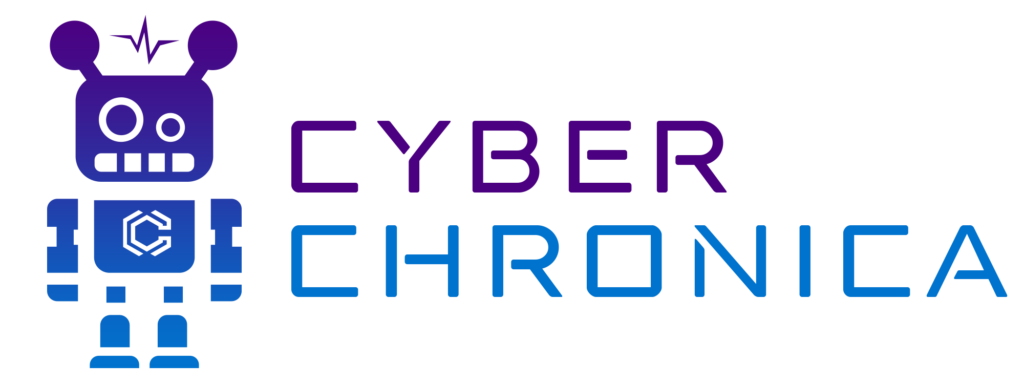For years, cyberwarriors lacked the same vital training facilities as their counterparts battling on the land, sea, or in the air. Despite the constantly shifting battleground, these forces didn’t have the same chances to perfect their talents. That shifted about three years ago, when the first clients were able to log on to the Persistent Cyber Training Environment, or PCTE, an online client that enables the US Cyber Command’s cyber mission force to log on just about anywhere in the world for individual or group training as well as mission rehearsal. Users can undertake exercises from a distance with these virtual training areas, and units and individuals can train on demand just by logging in.




